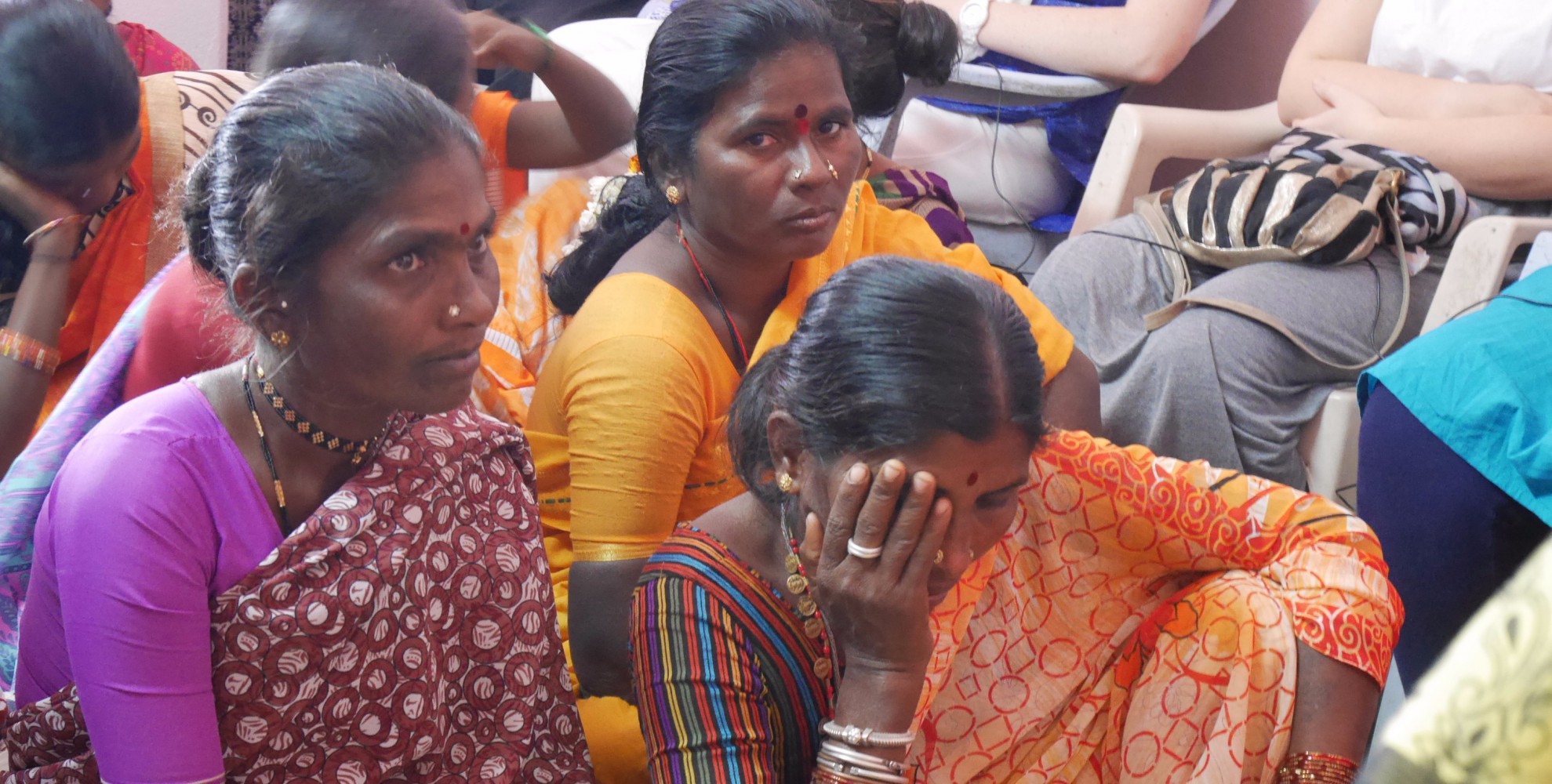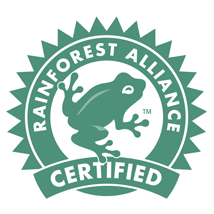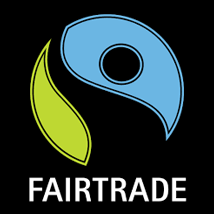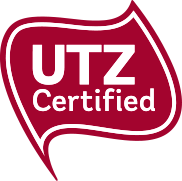What we do
We have a vision of a global supply chain so transparent that you can buy any product, and on the item label or the brand website you can read about all the people in the world who contributed to making that product
We have a vision of our favourite brands making products with business models that focus on having a positive impact on the environment and the community, not just the lowest price and highest profit
We have a vision that the poorest countries, where we source a great majority of our raw materials from, will be able to build economic wellbeing through fair prices and receiving a living wage
Our purpose is to share knowledge and information about what a global supply chain is, and how globalised supply chains affect communities and the environment
Our goal is to ensure that consumers have the information to make educated buying choices and businesses are equipped with the right information to work towards developing supply chains that are sustainable, that support local communities and the environment
Modern slavery and our seafood
I recently published an article in the Conversation, with my research team at the University of Melbourne. We traced the tuna supply chain from supermarkets, brands, processors back to the boats and we found just ONE brand on the supermarket shelves was able to confidently say that the tuna they source was NOT caught by slaves.
https://theconversation.com/almost-every-brand-of-tuna-on-supermarket-shelves-shows-why-modern-slavery-laws-are-needed-108421
Fundamentals of creating a Modern Slavery Statement
In November 2018, the Australian Government passed legislation (the Modern Slavery Act – MSA), requiring businesses with a turnover over $100mil to provide an annual statement outlining the actions taken to investigate if slavery exists in their supply chains.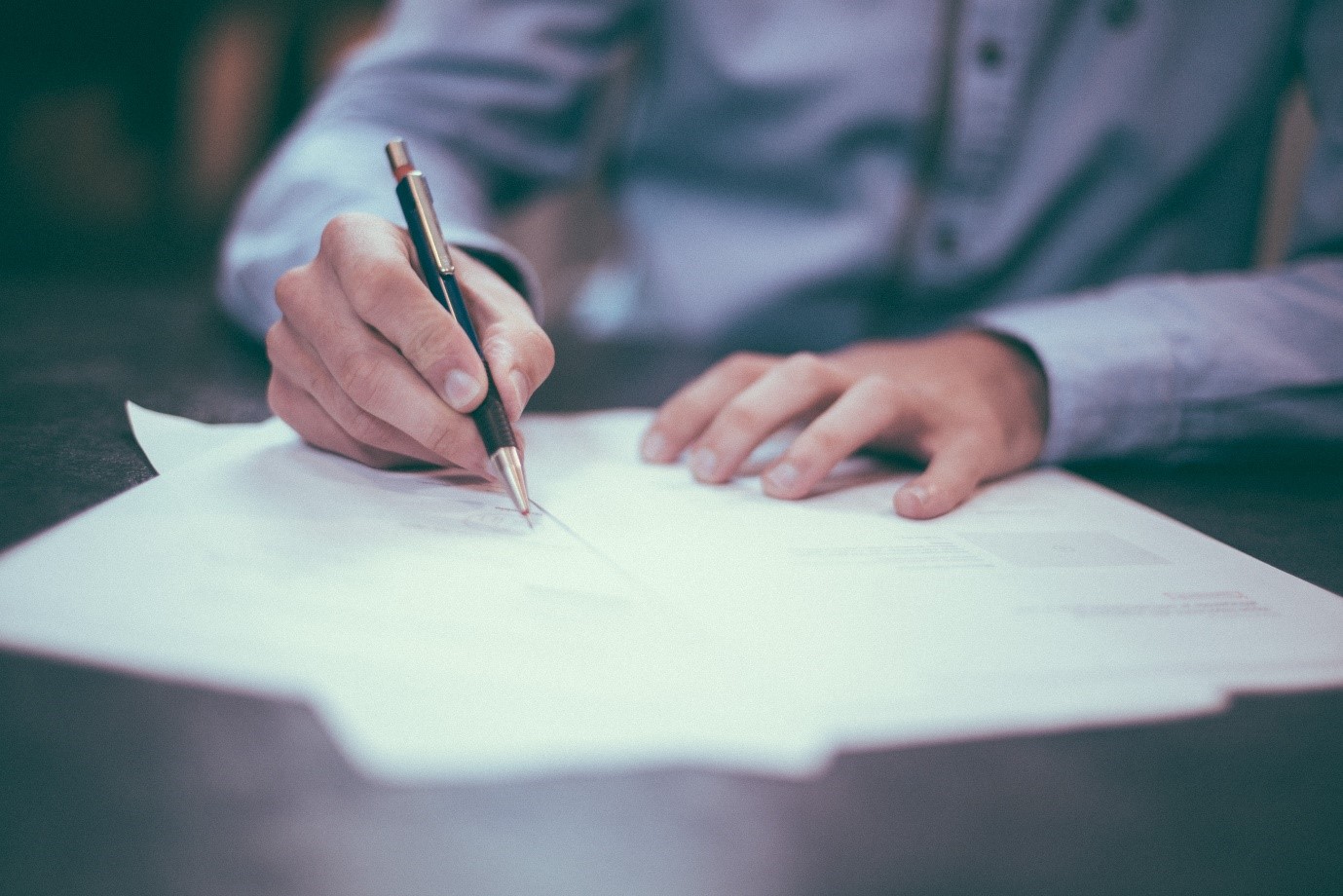
This is a monumental shift in the way Australian businesses consider their sources of supply. In a traditional procurement sense, we look only at our direct suppliers when managing risk however the legislation now requires us to look at our supply chain in its entire network and be accountable for how workers are treated in that network.
As we now enter into the FY20 new financial year, we are now in the first reporting period where businesses are required to begin compiling a statement. To assist in that process, we have compiled the 6 key elements of a modern slavery statement into a simple summary as outlined below.
Read more: Fundamentals of creating a Modern Slavery Statement
5 years a slave
Vannak has drawn all his life. As a child in a small village in Cambodia during the period Vietnam and the Khmer Rouge were warring for the control of Cambodia, he entertained himself drawing pictures in the dirt surrounding his home. With little ability to read and write, this drawing skill became the method by which he shared his slavery story with the world.

